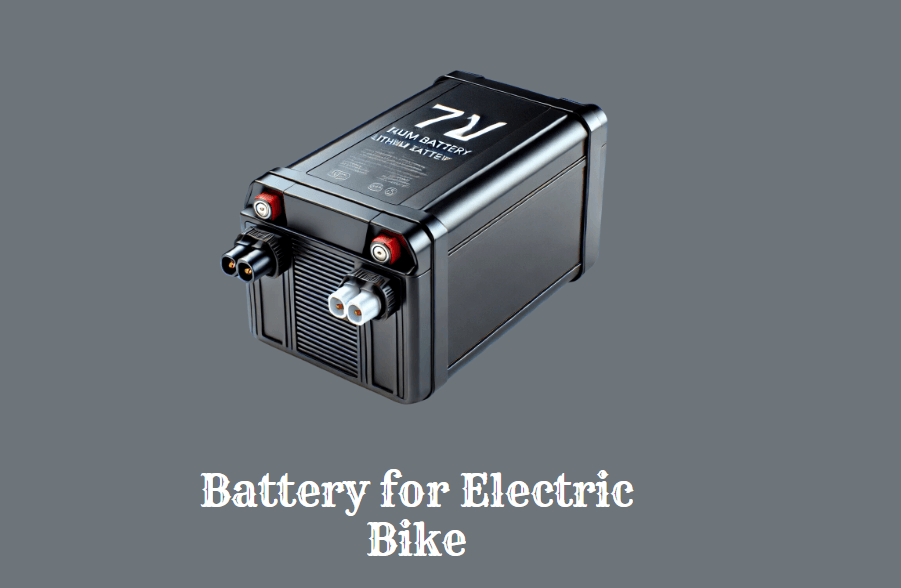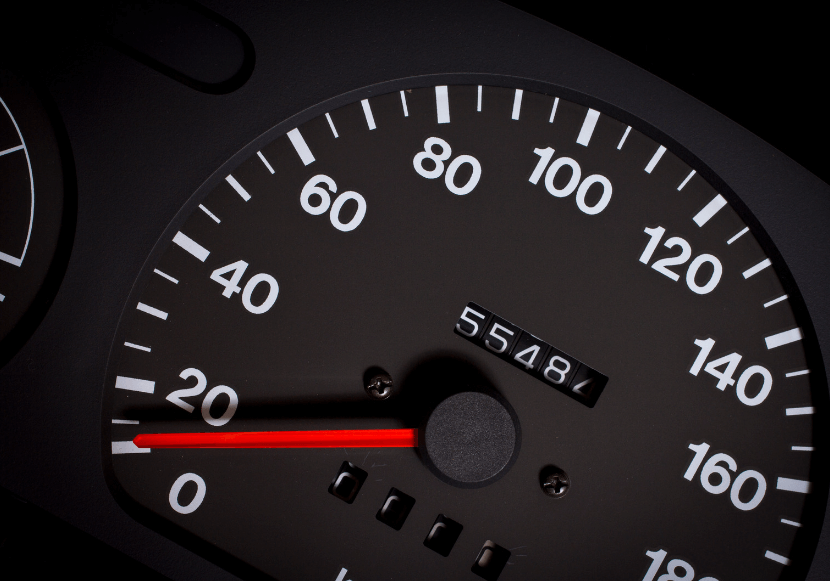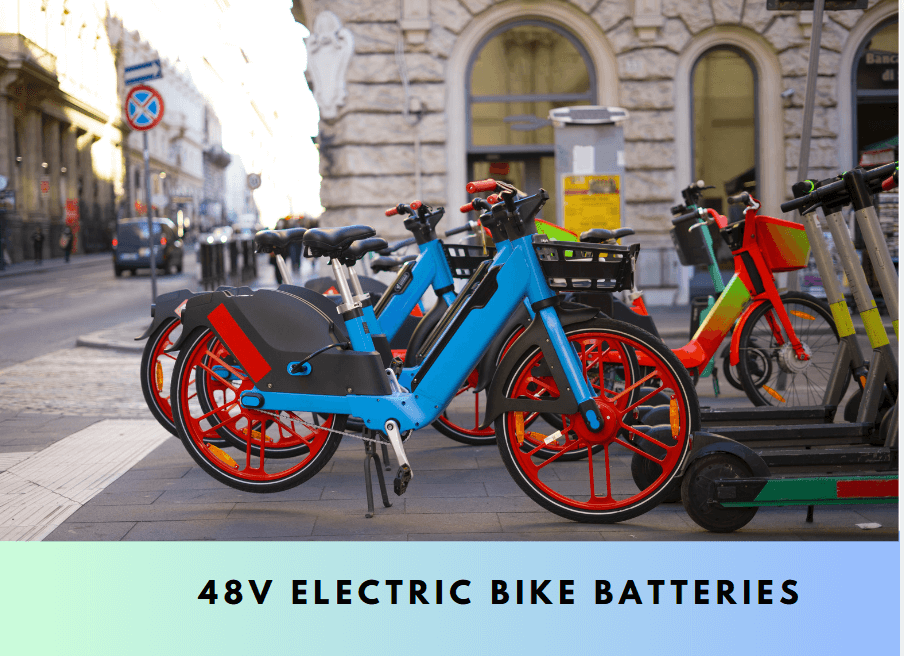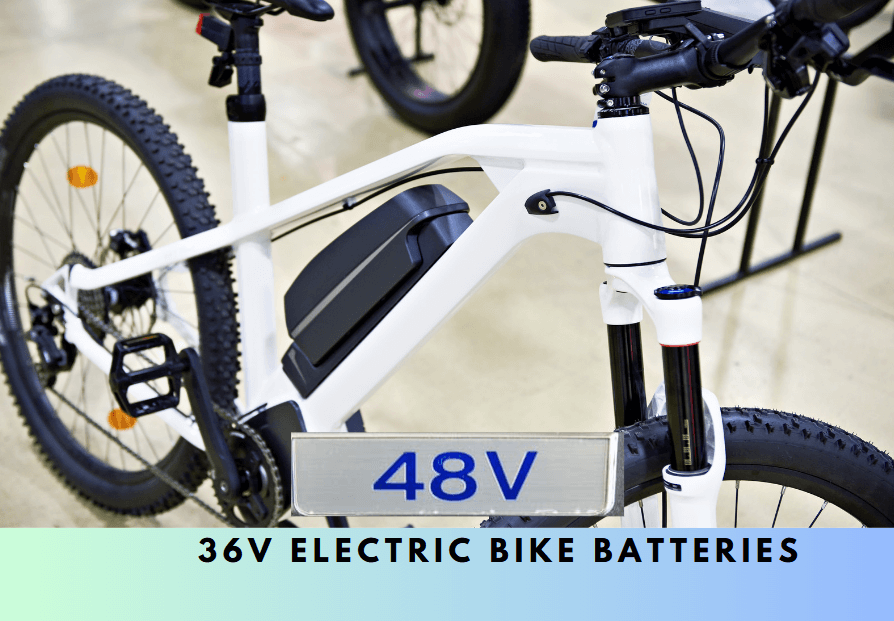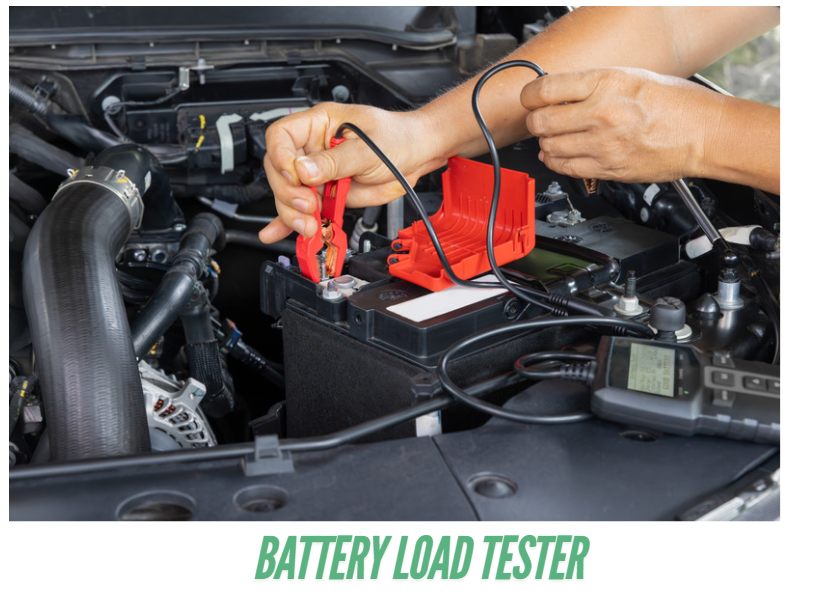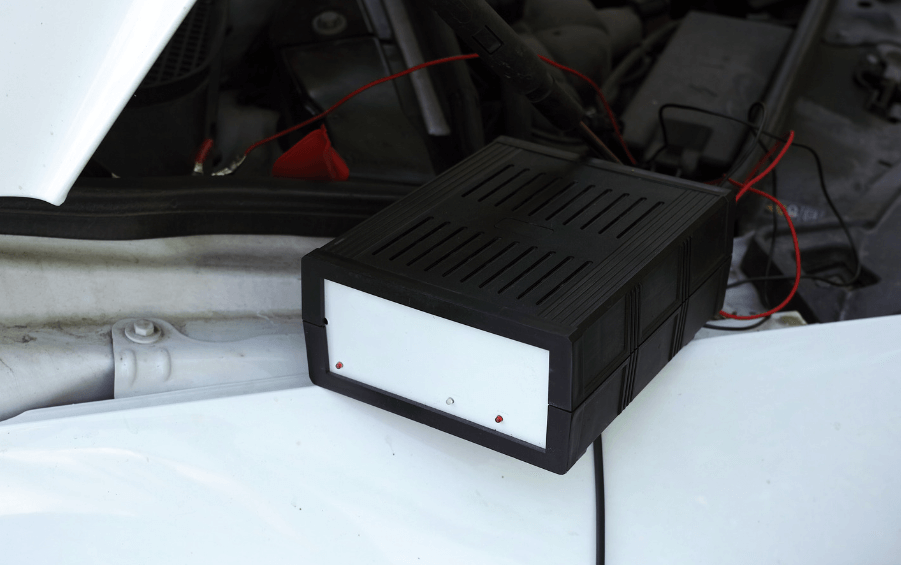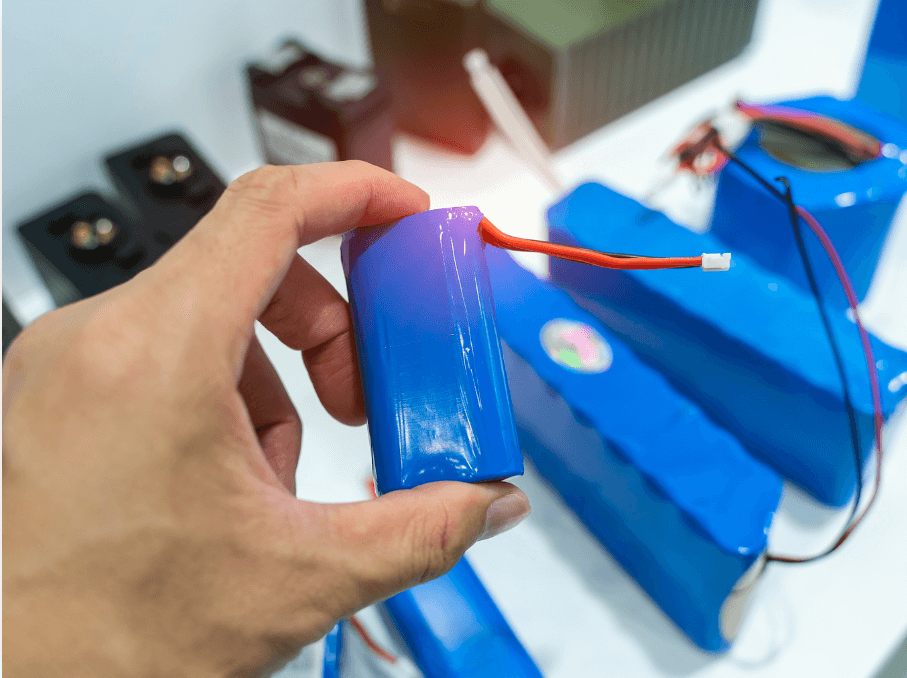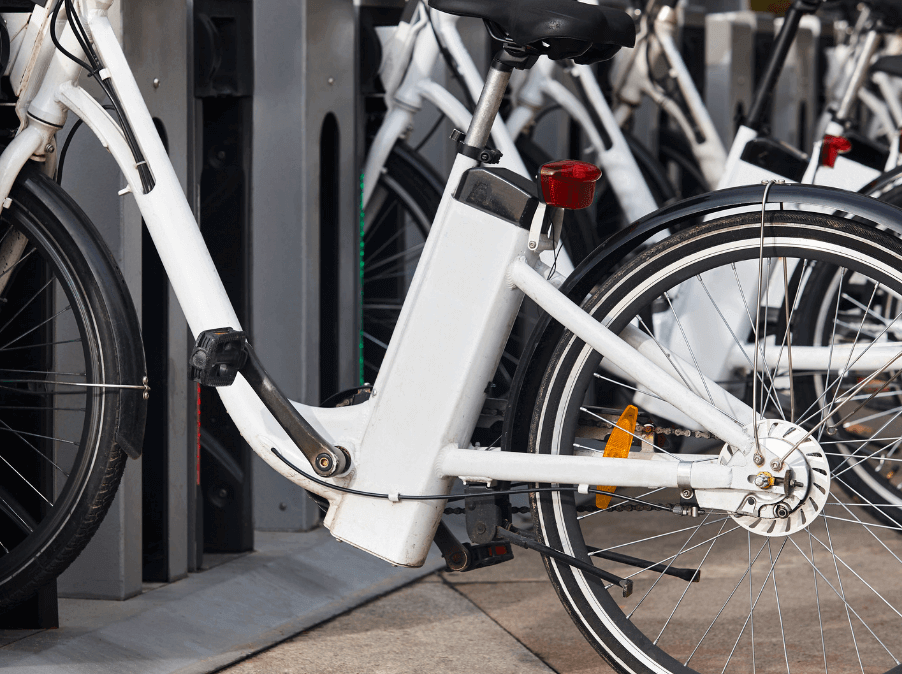
As you know a battery for an electric bike (e-bike) is the main power source that drives the bike’s electric motor. It stores and supplies electrical energy to the motor, enabling the bike to move without pedaling or with less pedaling effort. It is especially useful for riding in hilly areas, covering long distances or making the ride easier and more enjoyable.
And with the right battery, e-bike riders can extend their rides, improve their bike’s power output, and reduce the need for frequent charging. Today we will share with you 10 e-bike battery comparisons that will help you make an informed choice for your next purchase.
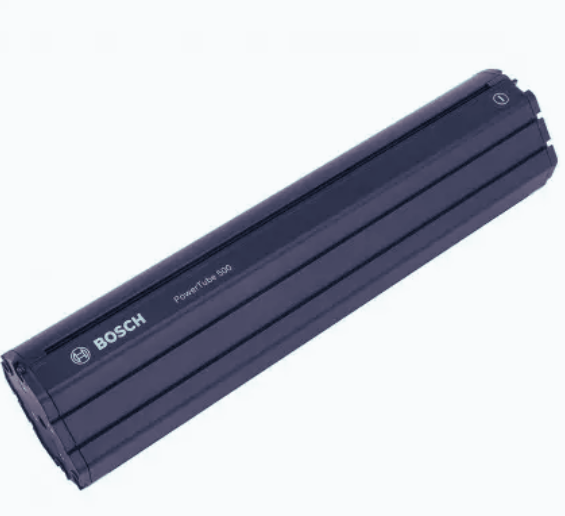
1. Bosch PowerTube 500
The Bosch PowerTube 500 is a powerful and compact battery, ideal for riders looking for reliability and endurance. It offers a 500Wh capacity, providing enough juice for extended rides, especially on city streets and smooth trails. The PowerTube integrates seamlessly into the bike frame, offering both aesthetic and functional benefits.
Features:
- Capacity: 500Wh
- Range: Up to 90 miles on a single charge (depends on terrain and bike model)
- Compatibility: Works with a wide range of Bosch-powered e-bikes
- Charging Time: Approximately 4.5 hours for a full charge
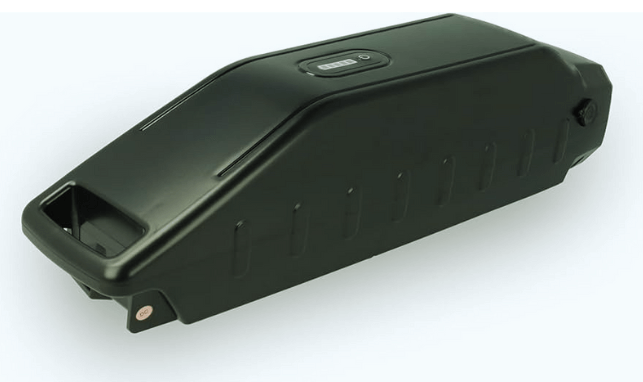
2. Yamaha PW Series Battery
The Yamaha PW Series battery is known for its high efficiency and long-lasting power. With a 400Wh capacity, it’s suitable for moderate commutes and recreational rides. Its lightweight design makes it a popular choice among e-bike enthusiasts.
Features:
- Capacity: 400Wh
- Range: Up to 75 miles
- Compatibility: Compatible with most Yamaha-powered bikes
- Charging Time: 4 hours
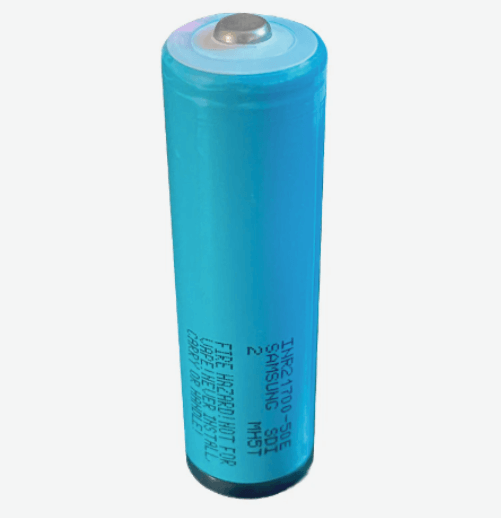
3. Samsung 50E Battery Pack
Samsung is renowned for its quality batteries, and the Samsung 50E battery pack is no exception. This pack is crafted with 21700 cells, known for their efficiency and power density, making it ideal for high-performance electric bikes.
Features:
- Capacity: 720Wh
- Range: Up to 100 miles
- Compatibility: Customizable for different e-bike setups
- Charging Time: 5 hours
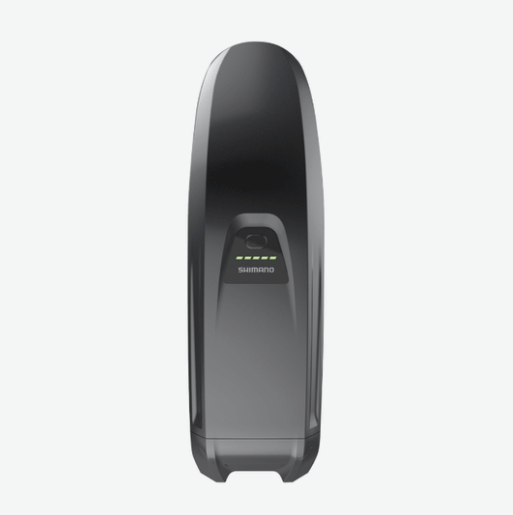
4. Shimano Steps BT-E8016
Designed by one of the world’s leading bike component manufacturers, the Shimano Steps BT-E8016 is reliable and highly efficient. With a capacity of 630Wh, it’s perfect for off-road adventures and long-distance rides.
Features:
- Capacity: 630Wh
- Range: 70-120 miles depending on riding conditions
- Compatibility: Works with Shimano Steps drive systems
- Charging Time: 5 hours
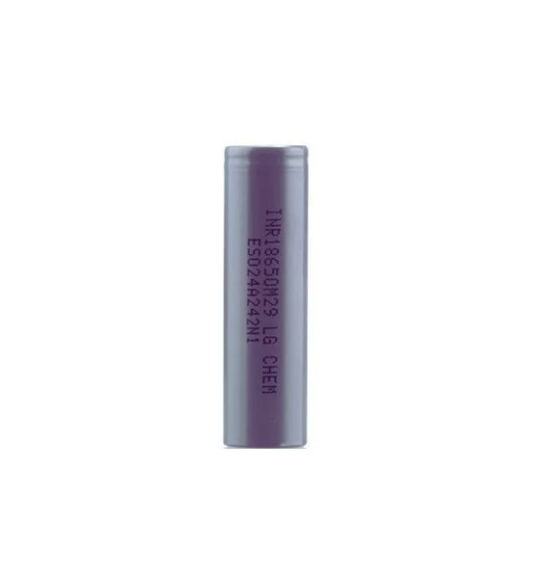
5. LG Chem 18650 Battery Pack
The LG Chem 18650 battery pack uses high-quality 18650 cells, making it a popular choice for DIY e-bike conversions. It offers a customizable configuration to meet various voltage and capacity needs, ideal for those looking for versatility.
Features:
- Capacity: Variable (commonly 500-1000Wh)
- Range: Dependent on configuration
- Compatibility: Suitable for custom e-bike setups
- Charging Time: Varies based on capacity
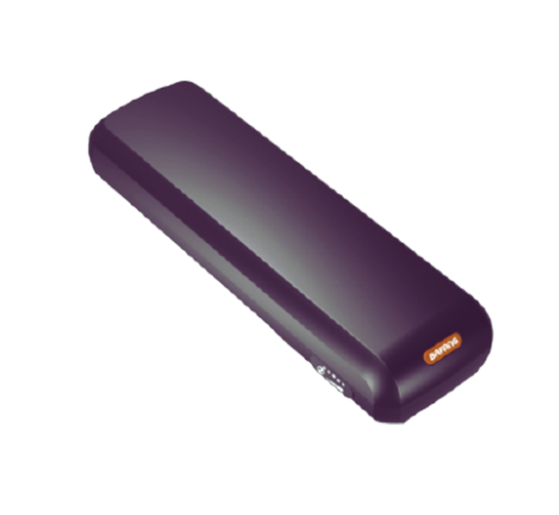
6. Bafang Lithium Battery Pack
Bafang is a well-respected brand in the e-bike world, and their lithium battery pack delivers exceptional performance at an affordable price. Known for their mid-drive motors, Bafang’s batteries offer good range and power for casual to serious riders.
Features:
- Capacity: 450-600Wh options available
- Range: 50-90 miles
- Compatibility: Compatible with most Bafang mid-drive motors
- Charging Time: 4-6 hours
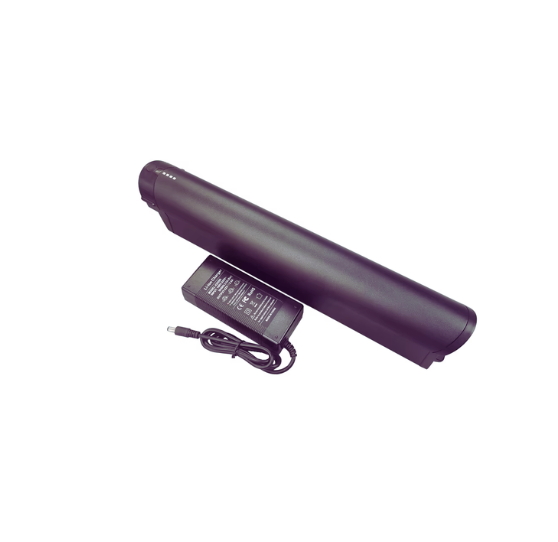
7. Reention Eel Pro
The Reention Eel Pro battery pack is an all-in-one battery that offers high power and extended range. With an aluminum casing and a water-resistant design, it’s great for riders who need a durable battery for challenging conditions.
Features:
- Capacity: 500Wh
- Range: 60-80 miles
- Compatibility: Works with various brands of e-bikes
- Charging Time: 5 hours

8. Panasonic NCR18650B Battery Pack
The Panasonic NCR18650B is known for its stability and performance. With cells that are designed for high-drain applications, this battery pack provides reliable power for daily commuting and long-distance touring.
Features:
- Capacity: 675Wh
- Range: 70-100 miles
- Compatibility: Works with many high-performance e-bikes
- Charging Time: 4-6 hours
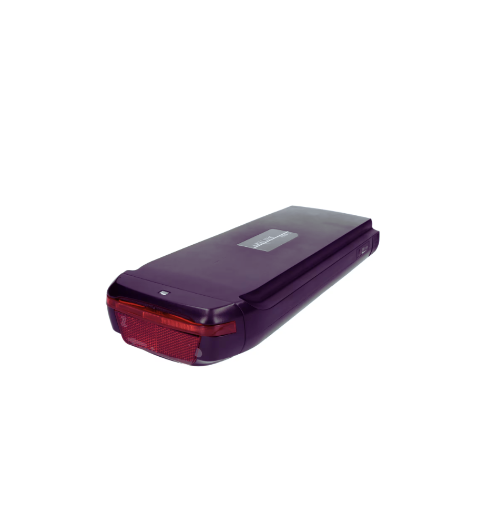
9. Phylion SF-03
Phylion batteries are among the best in terms of cost-effectiveness and durability. The SF-03 model features a compact design, making it easy to install on various e-bikes. It’s an excellent option for urban commuters on a budget.
Features:
- Capacity: 400-500Wh
- Range: 50-80 miles
- Compatibility: Compatible with various e-bike brands
- Charging Time: 3.5-5 hours
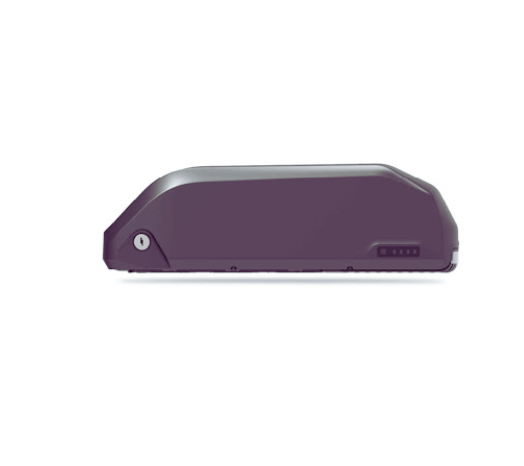
10. HaiLong Shark Pack
The HaiLong Shark Pack is a versatile option known for its easy mounting system and high capacity. Ideal for both mountain and city bikes, this battery pack offers impressive range and reliability, with customizable options for voltage and capacity.
Features:
- Capacity: 500-1000Wh
- Range: Up to 120 miles depending on configuration
- Compatibility: Suitable for multiple e-bike models
- Charging Time: 4-8 hours based on capacity
Why is e-bike battery important?
Batteries play a major role in performance, range and overall experience when riding an electric bicycle. Thanks to advances in battery technology, current electric bikes are lighter and more efficient than previous models, as well as being able to travel further on a charge. In addition, the quality of the battery determines how often it is filled and its lifespan and the longevity of the bike.
The choice of the best battery is based on the specific requirements of your needs and the way you intend to use your electric bike. A small capacity battery may be sufficient if you are only traveling short distances, but a large capacity battery may be ideal for longer trips or frequent use on difficult terrain.
Advantages and Disadvantages Batteries for Electric Bike
Electric bike (e-bike) batteries offer many advantages and disadvantages that can dramatically affect your riding experience. Knowing these benefits can help riders make educated choices when deciding whether to buy or use their e-bike battery.
Advantages of e-bike batteries:
Extended range and benefits:
E-bike batteries enable riders to cover longer distances without the same amount of physical exertion. It is especially beneficial for commuters, riders who travel long distances and others who find it difficult to pedal for long periods of time. Batteries are usually recharged at home or at work, making it easy for riders to charge their batteries between rides.
Environmentally friendly transport:
Battery-powered electric bikes are significantly greener than gasoline-powered vehicles. They produce no emissions and reduce dependence on fossil fuels. This helps reduce the carbon footprint associated with daily commuting as well as recreational riding.
Assist in difficult terrain:
E-bike batteries provide the necessary power to tackle bumps, rough terrain and difficult routes with ease. This allows a greater number of riders to cycle, even those who have difficulty on uneven or steep trails. They have a range of pedal assists, so users can determine the amount of support they need to maintain their power for longer and more challenging sessions.
Cost-Effective:
Although e-bikes may require an initial purchase of batteries, the total cost of ownership of an electric bike is generally lower than that of an automobile or motorcycle. Maintenance costs are not that high and the energy required to charge the battery is less expensive than fuel. Compared to conventional bicycles, they offer the convenience of electric assistance, making commuting more efficient and less tiring.
Improved health benefits:
With the ability to select the level of pedal assistance they need, cyclists can still exercise because they can pedal without any motor assistance. It can reduce stress as well as provide cardio benefits. E-bike riders are better suited to cover longer distances as battery assistance helps make the ride less tiring which can improve fitness levels.
Disadvantages of e-bike batteries:
Limited Range and Recharge Requirements:
Even top batteries for e-bikes have a limited range, typically between 30 and 100 miles on a charge. Riders must plan their rides within battery reach, especially when they are riding for long distances. Charging time varies between 3 and 8 hours. This means riders have to factor in time between charging, which may not be practical during long rides or when they don’t have access to a charging station.
Weight and Bulk:
E-bike batteries can be heavy and add weight to the bike and make it difficult to pedal with motor assistance. This is a disadvantage when the battery dies in the middle of a ride or when riding on roads where motor support is not allowed. The extra weight can also affect the portability of e-bikes, making them more difficult to transport and transport than traditional bicycles.
Higher initial cost:
E-bike batteries, especially high-capacity lithium-ion batteries, are expensive. Although they may provide cost savings over time, the initial investment may be prohibitive for some users. Battery replacement costs can be expensive, especially if the original battery wears out or if the driver wants to change to a larger capacity battery.
Battery degradation and replacement:
E-bike batteries degrade over time and can result in less power and less distance. E-bike batteries typically last between 500 and 1000 charge cycles, after which performance declines. Replacing a battery for an e-bike can cost a lot of money, and finding a suitable replacement for older models can be a challenge.
Environmental Impact of Battery Disposal:
Although e-bikes are generally green, getting rid of batteries made from lithium can cause environmental problems if they are not managed properly. Recycling of batteries is getting better but ensuring proper disposal is essential to reduce environmental damage.
Temperature sensitivity:
E-bike batteries are prone to extreme temperatures. Cold weather can limit their performance and range while extreme temperatures can cause overheating and possibly damage. Battery sensitivity requires users to store their batteries and use them within recommended temperatures
Conclusion
I think choosing the right battery for your e-bike is crucial to ensure a reliable and enjoyable riding experience. Whether you’re a commuter looking for an efficient battery for daily rides or an adventurer looking for long-distance capability, one of these 10 best e-bike batteries will suit your needs. Be sure to consider factors such as battery capacity, range, compatibility, and charging time when making your decision.


